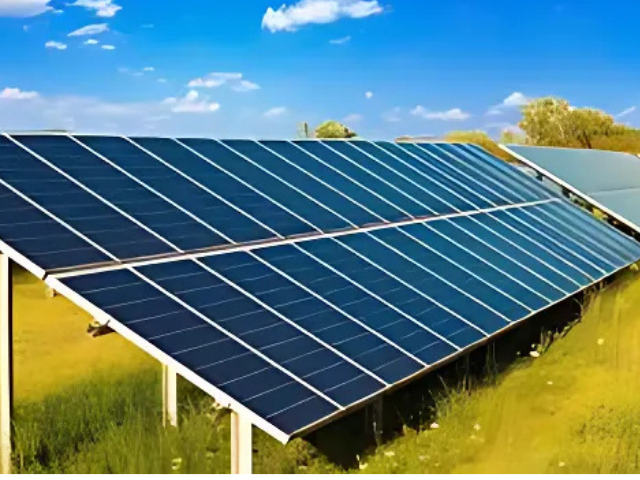ISLAMABAD:
The Senate has approved with a majority vote the report of its standing committee on financerejecting an 18% tax on solar panels, sales tax on homeopathic items and stationery, and tariffs on the steel sector.
In its report, presented in the upper house of parliament on Saturday, the committee also opposed increased taxation on 800cc vehicles, suggesting a 12.5% cap.
It proposed no increase in tax on print media and IT services and urged that taxes on services falling under provincial jurisdiction be reconsidered.
It also called for a review and further increase in government employees’ salaries. The committee also proposed setting the minimum wage at Rs40,000 or Rs50,000 and exempting income tax for monthly salaries up to Rs100,000.
The Senate session began under the chairmanship of Deputy Chairman Syedaal Khan Nasar. During the session, Senate Standing Committee on Finance Chairman Saleem Mandviwalla, presented the report containing the budget proposals and recommendations.
Earlier, Senate Leader of Opposition Shibli Faraz objected that the report had not been presented to them earlier and questioned how a 100-page document could be read and reviewed in 10 minutes.
He criticized the government for not reducing its expenditures and instead taxing those already burdened with taxes.
Responding to the criticism, Senator Mandviwalla stated that he had remained in contact with Shibli and Mohsin Aziz of the PTI. He said all parties, including the PML-N, the PPP, and the PTI, participated in the discussions, offered suggestions, and voiced their concerns.
He said the committee staff worked till 2 am and while the draft may not have been shared due to an oversight, all recommendations in the final version reflected the committee’s discussions.
Concluding the budget debate, Finance Minister Muhammad Aurangzeb acknowledged the valuable, balanced, and constructive input provided by senators over the past one and a half weeks.
He said this consultation helped guide the government’s economic policies and reinforced its commitment to transparency, fiscal responsibility, and sustainable development.
“During the past fiscal year, no mini-budget was introduced, inflation was brought under control, foreign reserves increased, and the current account improved significantly,” he added.
He announced tax relief for salaried individuals earning between Rs600,000 and Rs1.2 million annually by reducing the income tax rate from 2.5% to 1%. This, he said, was a symbolic and practical gesture to show that the government does not wish to overburden the middle class.
He also announced a 10% increase in government employees’ salaries and a 7% raise in pensions. Taxes on agricultural pesticides were removed, and, following the prime minister’s direction, 1,000 graduates would be sent to China for further opportunities.
Regarding solar panels, the finance minister said the proposed 18% sales tax on imported parts was meant to protect local industry and create a competitive environment for solar technology investment in Pakistan.
However, after consultation, the government decided to reduce the tax to 10%, applicable only to 46% of imported components, resulting in a 4.6% price hike for imported panels.
He warned against profiteering, noting that some opportunistic elements had already begun increasing prices before the tax’s implementation. He assured that the government would take strict legal action against such exploitation in the public interest.
Aurangzeb said the relief and social protection measures included in the 2025-26 budget are not merely temporary reliefs but a practical reflection of the state’s recognition and acceptance of its responsibilities.
“A key measure is the increase in the budget of the Benazir Income Support Programme (BISP) from Rs592 billion to Rs716 billion.
“Expanding the scope of financial assistance under BISP reflects the government’s commitment to providing economic protection to the most vulnerable segments of society,” he added.

